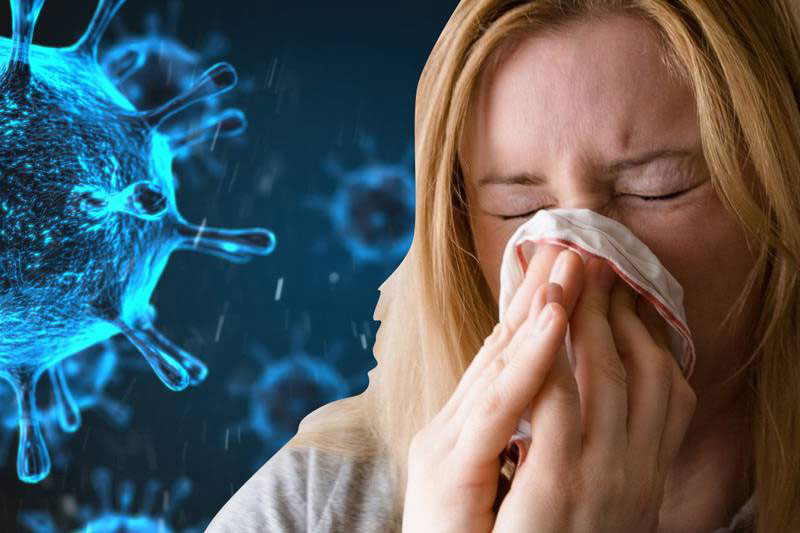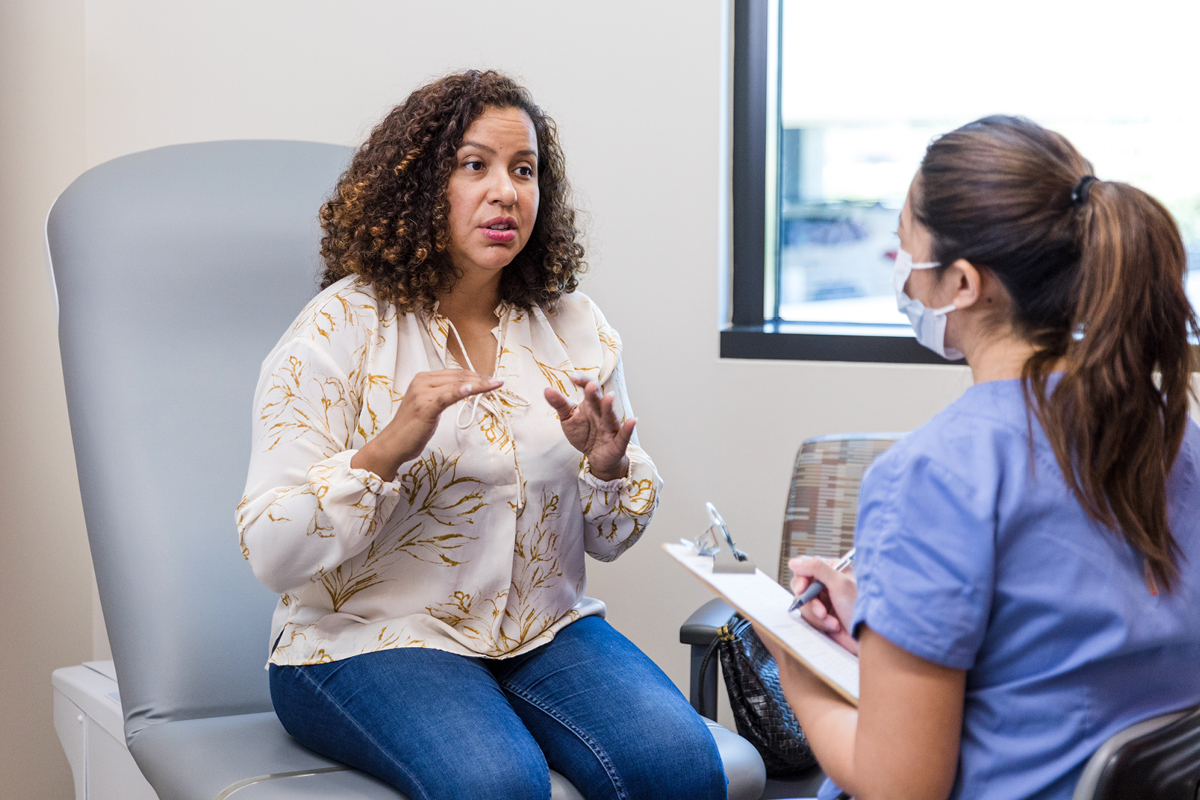You have probably heard of Respiratory Syncytial Virus, or RSV, which is a specific version of the common cold. This virus is transported and contacted through moisture and water droplets, so it may enter your body through your eyes, nose, or mouth. However, if left untreated, especially in young children, this cold may develop into bronchiolitis and pneumonia. Older adults may be at higher risk for developing a more serious ailment as well. To prevent more severe illness and recover from RSV, contact Internal Medicine Las Vegas Nevada. Our Las Vegas, NV office will help get you set up with a diagnostic appointment, and Dr. Roger Estevez will help treat you on an individualized basis.

The study aims to enroll about 180 adults globally at sites in North America, Latin America, the Asia-Pacific region, Europe, the Middle East, and Africa.
This study consists of a “Screening Period”, which may last up to 24 hours; a “Treatment Period”, where you receive or take the study drug once a day for 5 consecutive days; and a “Follow-up Period”, which will last 28 days after you take your last set of the study drug.
Neither you nor your study doctor will know whether you receive EDP-938 or placebo.
Currently, there is no approved treatment for RSV infection in adults.
If EDP-938 is effective at treating RSV, it may shorten the amount of time you feel unwell and prevent a more severe RSV infection.
The data we get from you during this study may help doctors learn more about the study drug as RSV treatment and this may help future patients.

A Phase 2b, Randomized, Double-Blind, Placebo-Controlled Study to Evaluate the Efficacy and Safety of EDP-938 in Non-hospitalized Adults with Acute Respiratory Syncytial Virus Infection who are at High Risk for Complications
 Anthony Canedo2023-11-23Dr. Roger’s office is wonderful! They get me appointments as quick as possible and he is very smart and insightful. The office is also very clean and the other staff are very nice/respectful. 10/10 would recommend!
Anthony Canedo2023-11-23Dr. Roger’s office is wonderful! They get me appointments as quick as possible and he is very smart and insightful. The office is also very clean and the other staff are very nice/respectful. 10/10 would recommend! yousef Miri2023-11-22I was recommended from a family friend to visit. Dr Estevez was amazing and the atmosphere was very welcoming!!
yousef Miri2023-11-22I was recommended from a family friend to visit. Dr Estevez was amazing and the atmosphere was very welcoming!! Clearwater Rosin2023-11-22Great staff, great environment. My appointment was smooth and effortless. I highly recommend for anyone in the Valley or Visiting!
Clearwater Rosin2023-11-22Great staff, great environment. My appointment was smooth and effortless. I highly recommend for anyone in the Valley or Visiting! Ismary Camacho2023-09-29
Ismary Camacho2023-09-29
At Internal Medicine Las Vegas Nevada, our experienced internal medicine provider, Dr. Roger Estevez, diagnoses and treats countless RSV cases each year. You can prevent yourself and your loved ones from developing more severe illnesses. Contact our Las Vegas, NV office to set up a diagnostic appointment today.

Internal Medicine Las Vegas Nevada is a comprehensive medical center that provides primary care and advanced research services to patients in Las Vegas, NV.